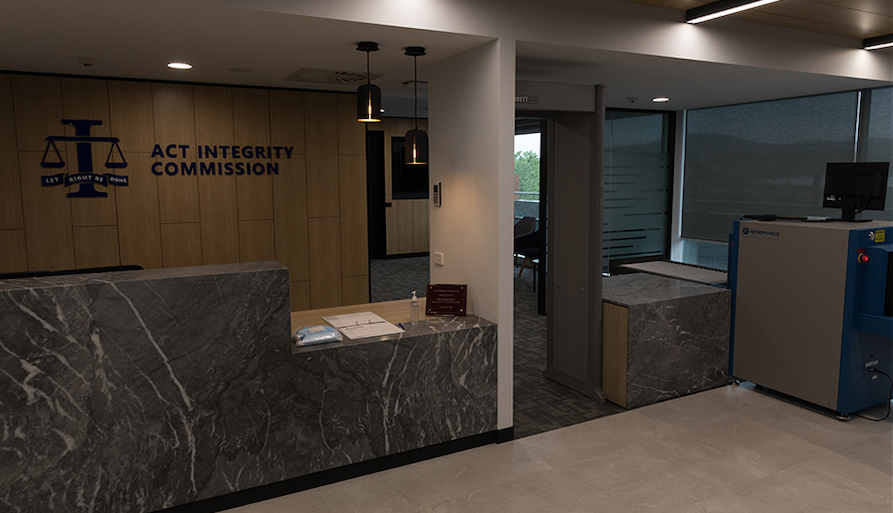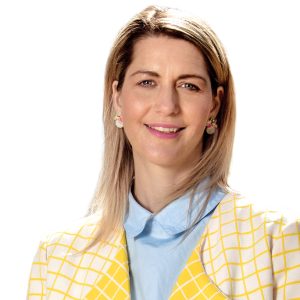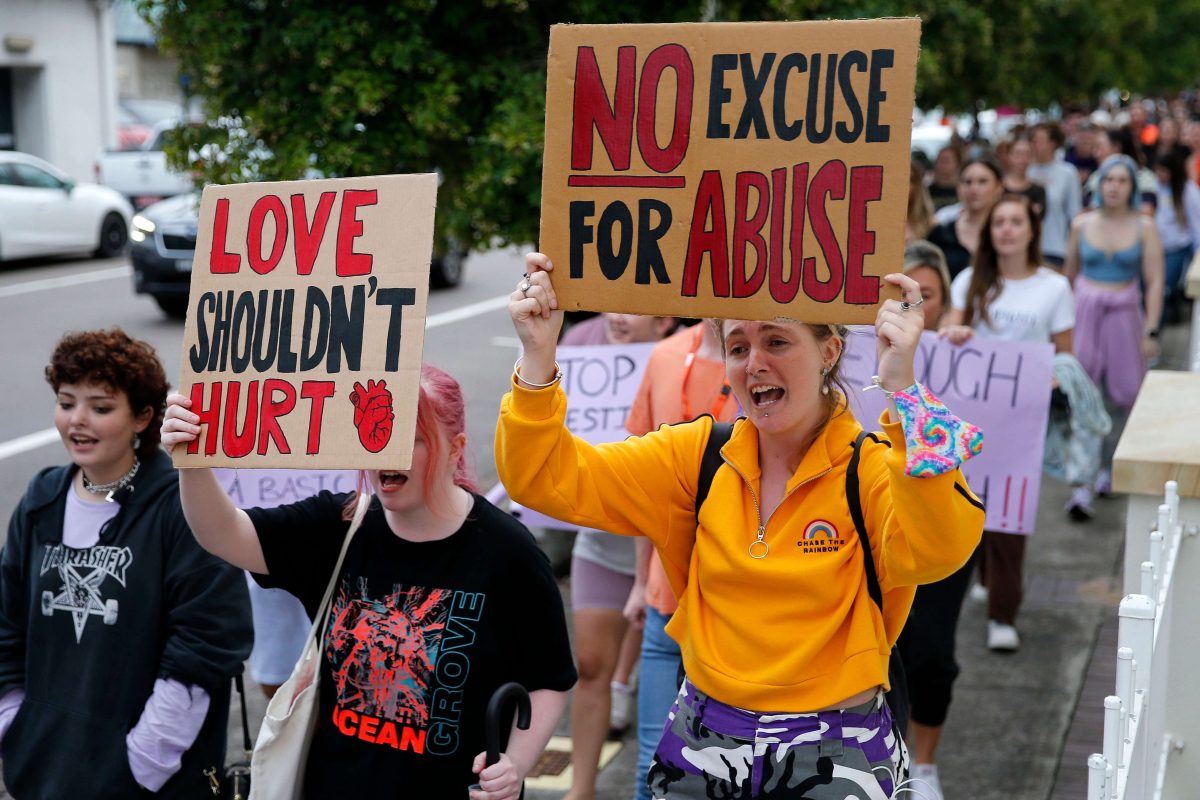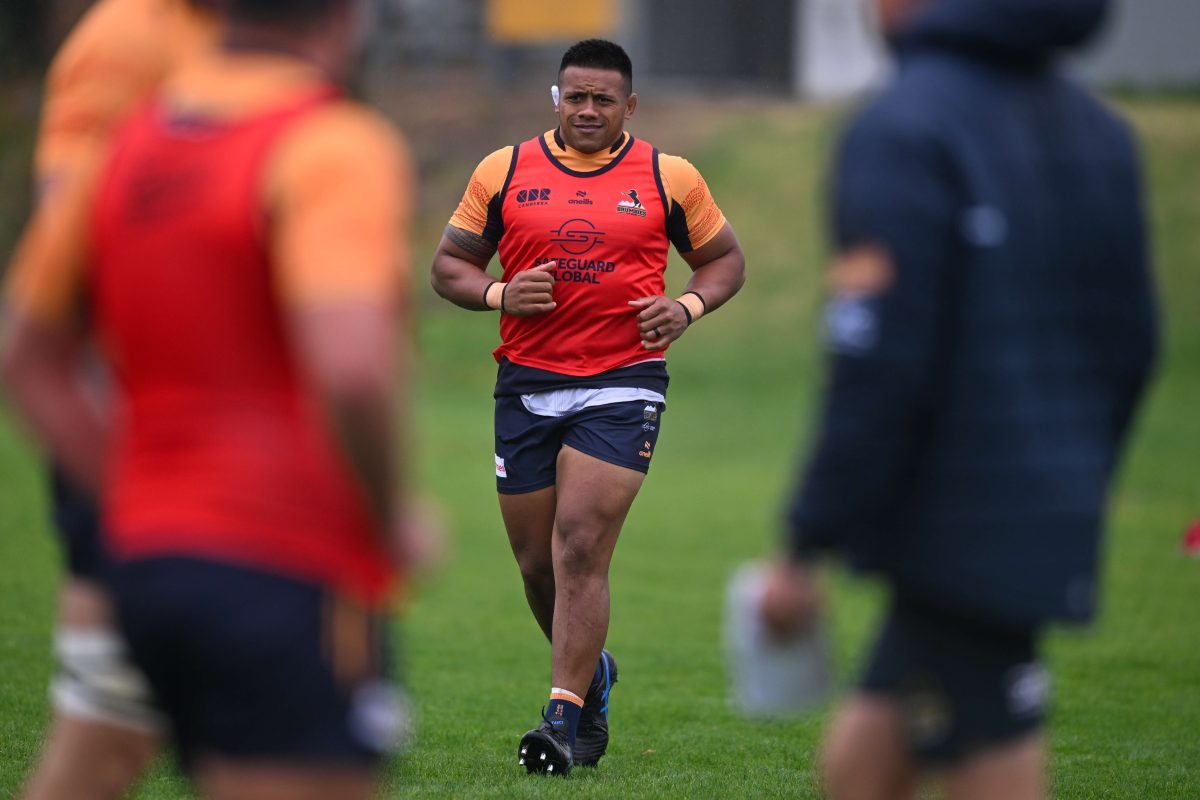
THE man who built the ACT’s first integrity commission from the “ground up” says there’s a bottleneck hampering the speed with which investigations can take place.
ACT Integrity Commission CEO John Hoitink is calling on the newly returned territory government to boost the commission’s annual $4 million budget by a further $1 million to allow it to almost double its staff from 14 to 25.
The commission, which has been operating since December, is currently investigating three cases of “serious” corruption. It is yet to make any findings or referrals to the Director of Public Prosecutions.
Mr Hoitink believes more resources are necessary if the watchdog is to be “effective” in tackling maladministration and alleged corruption in
the ACT.
“If we had more investigators things would move quicker,” Mr Hoitink says.
“Obviously, anything that is serious and could be affecting people’s health or well-being then, yes, they will be prioritised first… there are some matters we have we will have to park because we do not have the resources.”
The corruption watchdog has received more than 127 matters, 13 per cent of which have proceeded to some form of investigation.
While declining to disclose details of these investigations, nor the kind of matters the commission has had referred to it, Mr Hoitink admitted the number of cases progressing to some form of investigation was “pretty high”.
At a time when integrity and accountability in public office is coming under intense scrutiny in NSW, Mr Hoitink says there are lessons that can be learnt from the NSW experience.
“Pork barrelling, giving money to electorates, being in relationships, it’s a difficult thing, but what’s come out of all those integrity commissions
is that it doesn’t mean that the ACT is immune to those sorts of things,” Mr Hoitink says.
“This is a $40 billion economy, significantly larger than Tasmania and the NT, and I’ve said a few times when you’ve got that sort of value in the economy you’re bound to have people who think they can make a buck out of this or can have a level of power in relation to that sort of money.”
Canberra-born Mr Hoitink has previously held an executive position with the NSW Independent Commission Against Corruption (ICAC) and is also a former AFP officer.
He says corruption is wide and far reaching, ranging from blackmail to seeking power over people.
“If something doesn’t seem right, it probably isn’t,” Mr Hoitink says.
“If you look at the building and construction in Canberra, it would be naive to think that all the things that are occurring in other jurisdictions were not happening here; that’s head-in-the-sand kind of stuff.”
Despite describing the ACT’s integrity commission as “robust” and “capable”, the man in charge of overseeing its day-to-day running says
the agency can only be as effective as its resources allow.
“If you want something to be effective, it’s no use having something that is half hearted, you need a critical mass,” Mr Hoitink says.
“We are not here to be grandiose, but you cannot be effective unless you have the right amount of staff and the right amount of funding to
go with that.
“In saying that… I’m sure there are a lot of agencies in the ACT that would like more funding.”
In September, the commission moved to its $2.5 million fit-for-purpose home in Kingston, where it can conduct investigations, interviews,
official hearings and protect evidence and exhibits.
If the agency’s stringent security measures, complete with ballistic glass and X-ray machine, are anything to go by, the commission is expecting
to deal with highly confidential and important cases in the years ahead.
Matters referred to the commission will be subjected to a process whereby an assessment team, comprising Mr Hoitink, the Commissioner – former
Federal Court judge – Dennis Cowdroy and three directors will make a decision on whether to proceed to a formal investigation.
The public would only be made aware of a matter if the commissioner decides public hearings are required.
“If someone is found to be corrupt within our system, that is not a prosecution, that is a finding, we don’t prosecute, we might find something
is corrupt and then we refer the matter as a brief of evidence to the DPP [Director of Public Prosecutions] and DPP would make the decision as to whether to take the matter further,” says Hoitink.
The ACT is the final state or territory jurisdiction in the country to establish an integrity commission. As recently as last week there were renewed calls to expedite the establishment of a federal integrity commission.
Who can be trusted?
In a world of spin and confusion, there’s never been a more important time to support independent journalism in Canberra.
If you trust our work online and want to enforce the power of independent voices, I invite you to make a small contribution.
Every dollar of support is invested back into our journalism to help keep citynews.com.au strong and free.
Thank you,
Ian Meikle, editor





Leave a Reply